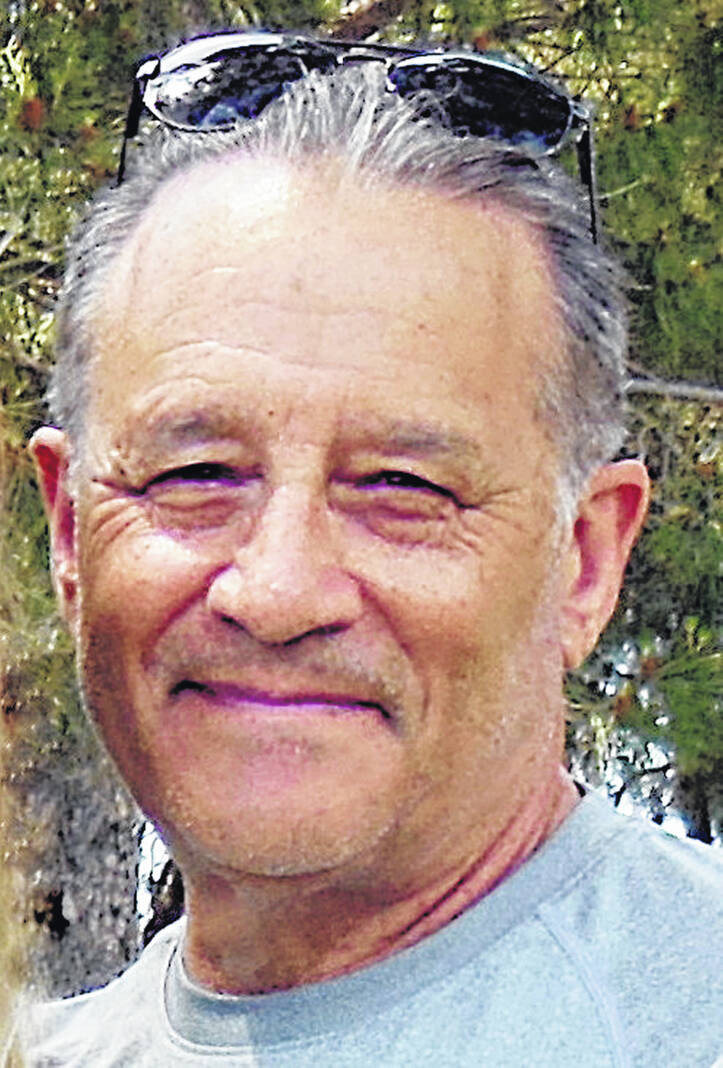
First, let me say this: Mikhail Gorbachev was no Vladimir Putin.
I hardly knew Gorbachev, but I met with him and his wife Raisa at a farmhouse just outside Geneva, Switzerland in early 1993. He had started a non-profit, Green Cross International, focused presciently I might add, on the environment and climate change. He was interested in some communications technology developed by the foundation to which I was president of at the time. This hardly makes me an expert on Mr. Gorbachev, but you didn’t need to spend much time with the man to know that he was smart, self-assured and composed. It was a demeanor you had the feeling may have rubbed off on him from his gracious wife, Raisa.
But Mr. Gorbachev gets mixed leadership reviews as the former premier of the Soviet Union. For the most part, the differences depend on whether you subscribe to the precepts of social democracy and a “western” point of view of governance or if you’re under the relentless hypnotic influence of Vladimir Putin’s autocratic values and his KGB propaganda machine.
When Gorbachev rose to power, the USSR was a failing state. Gorbachev knew changes had to be made. He pulled Soviet troops out of a failed Afghanistan campaign which was for Russia, a national humiliation. Eastern European nations under the sphere of Soviet influence were experiencing social democratic impulses. Gorbachev chose not to squelch these impulses by sending in Soviet troops. The Chernobyl nuclear disaster added to his concerns. He famously inaugurated two historical policies known as “glasnost” (openness) and “perestroika” (restructuring). Both of these were an anathema to the Communist Party of the USSR.
Glasnost as a policy was an attempt to encourage a more open society by promoting the notion of free speech without fear of reprisals and a more independent press. Perestroika was about introducing capitalistic initiatives, letting independent research, economic tenets and markets drive economic planning rather than the Communist Party.
Why did these novel initiatives founder? Here are some plausible explanations.
1. It’s hard to turn a Communist autocracy into a more democratized and market-driven economy just by flipping a couple of switches.
2. At the end of the Second World War, the U.S. and the West did precious little to help democratic forces evolve in China. Mao Zedong filled the vacuum. In retrospect, the U.S. and Western Europe could have done more to successfully lift Gorbachev’s vulnerable nation through these policy initiatives.
3. Communist Party hardliners and their privileges were threatened by glasnost and perestroika and their vendetta against Gorbachev was fierce.
A coup attempt failed but mortally wounded Gorbachev’s leadership. Boris Yeltsin took over, but his demise was prefigured. Who emerged from the dark halls of the KGB to take over leadership of Russia? Vladimir Putin, with a Peter the Great complex, determined as we now know to re-establish absolute control and a new Russian Empire. The Russian “House of Representatives,” the Duma, turned out to be nothing more than an obedient legislative sham, reliably devoted to Mr. Putin’s authoritarian whims.
Defining Mikhail Gorbachev in many ways can be done by defining Vladimir Putin. In character, they are opposites. Putin’s ex-wife, who believed in astrology, once said that, “He must have been born under the sign of the vampire.” Madeleine Albright, former U.S. secretary of state, once said after meeting with Putin that “He is small and pale, so cold as to be almost reptilian… embarrassed by what happened to his country and determined to restore its greatness.”
When asked once by Larry King how he might want history to judge him, Gorbachev unpretentiously responded “that would be history’s privilege, but I hope she judges me fairly.”
The friendship that developed between President Ronald Reagan and Gorbachev is said to have paved the way to the end of the Cold War, famously authenticated by their meeting in Reykjavik, Iceland in 1986, and the tearing down of the Berlin Wall in 1989. Their meetings almost led to a complete denuclearization of the two countries strategic nuclear arsenals, but ultimately failed because the U.S. insisted on maintaining its space-based strategic defense initiative (SDI), a stipulation that was a non-starter for Gorbachev. However, these discussions later led to the START Treaty limiting strategic nuclear missiles to 1,600 for each country.
The good will that developed between Reagan and Gorbachev defied admonishments from their operational staffs. They both believed it was important to reduce the threat of nuclear disaster and mutually assured destruction (MAD). Gorbachev’s attempts to turn his country around and to rid the U.S. and USSR of their strategic nuclear arsenals earned him the Nobel Peace Prize in 1990. Opposites in this case don’t attract. Putin has declined to go to Mikhail Gorbachev’s funeral and Putin will never go to Oslo to receive the Peace Prize from the king and queen of Norway.
In Russia’s closed society, it’s a testament to the deeply felt and largely hidden respect for Gorbachev that thousands of people lined up to pay their respects to him at his funeral in Moscow… that Putin decided not to attend.
Bill Sims is a Hillsboro resident, retired president of the Denver Council on Foreign Relations, an author and runs a small farm in Berrysville with his wife. He is a former educator, executive and foundation president.


